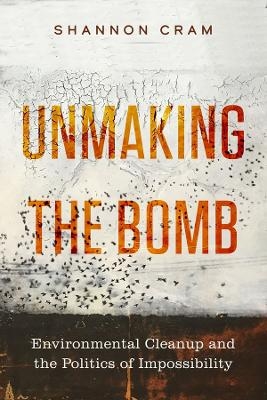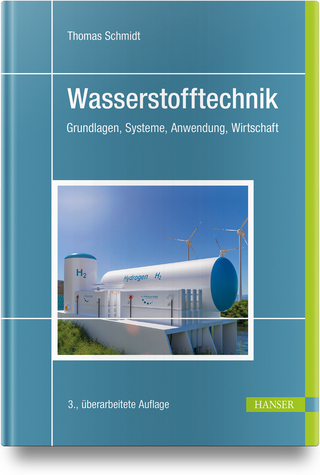
Unmaking the Bomb
Environmental Cleanup and the Politics of Impossibility
Seiten
2023
University of California Press (Verlag)
978-0-520-39511-4 (ISBN)
University of California Press (Verlag)
978-0-520-39511-4 (ISBN)
"A powerfully researched and important look at the ravages of nuclear waste remediation."—One of the Best Indie Books of 2023, Kirkus Reviews
What does it mean to reckon with a contaminated world? In Unmaking the Bomb, Shannon Cram considers the complex social politics of this question and the regulatory infrastructures designed to answer it. Blending history, ethnography, and memoir, she investigates remediation efforts at the Hanford Nuclear Reservation, a former weapons complex in Washington State. Home to the majority of the nation's high-level nuclear waste and its largest environmental cleanup, Hanford is tasked with managing toxic materials that will long outlast the United States and its institutional capacities. Cram examines the embodied uncertainties and structural impossibilities integral to that endeavor. In particular, this lyrical book engages in a kind of narrative contamination, toggling back and forth between cleanup's administrative frames and the stories that overspill them. It spends time with the statistical people that inhabit cleanup's metrics and models and the nonstatistical people that live with their effects. And, in the process, it explores the uneven social relations that make toxicity a normative condition.
What does it mean to reckon with a contaminated world? In Unmaking the Bomb, Shannon Cram considers the complex social politics of this question and the regulatory infrastructures designed to answer it. Blending history, ethnography, and memoir, she investigates remediation efforts at the Hanford Nuclear Reservation, a former weapons complex in Washington State. Home to the majority of the nation's high-level nuclear waste and its largest environmental cleanup, Hanford is tasked with managing toxic materials that will long outlast the United States and its institutional capacities. Cram examines the embodied uncertainties and structural impossibilities integral to that endeavor. In particular, this lyrical book engages in a kind of narrative contamination, toggling back and forth between cleanup's administrative frames and the stories that overspill them. It spends time with the statistical people that inhabit cleanup's metrics and models and the nonstatistical people that live with their effects. And, in the process, it explores the uneven social relations that make toxicity a normative condition.
Shannon Cram is Associate Professor in the School of Interdisciplinary Arts and Sciences at the University of Washington Bothell.
Contents
Introduction: On Telling Impossible Stories
1. Tender
2. Anatomy of a Phantom
3. Rational Mutants
4. Body Burden
5. Trespassing
Conclusion: Here, in the Plutonium
Acknowledgments
Notes
References
Index
| Erscheinungsdatum | 02.11.2023 |
|---|---|
| Reihe/Serie | Critical Environments: Nature, Science, and Politics ; 14 |
| Zusatzinfo | 16 black and white illustrations |
| Verlagsort | Berkerley |
| Sprache | englisch |
| Maße | 152 x 229 mm |
| Gewicht | 454 g |
| Themenwelt | Naturwissenschaften ► Biologie ► Ökologie / Naturschutz |
| Naturwissenschaften ► Geowissenschaften ► Geologie | |
| Technik ► Umwelttechnik / Biotechnologie | |
| ISBN-10 | 0-520-39511-5 / 0520395115 |
| ISBN-13 | 978-0-520-39511-4 / 9780520395114 |
| Zustand | Neuware |
| Informationen gemäß Produktsicherheitsverordnung (GPSR) | |
| Haben Sie eine Frage zum Produkt? |
Mehr entdecken
aus dem Bereich
aus dem Bereich
Planung · Recht · Verfahren
Buch | Hardcover (2024)
Springer Vieweg (Verlag)
CHF 89,95
Grundlagen, Systeme, Anwendung, Wirtschaft
Buch | Hardcover (2024)
Carl Hanser (Verlag)
CHF 139,95


